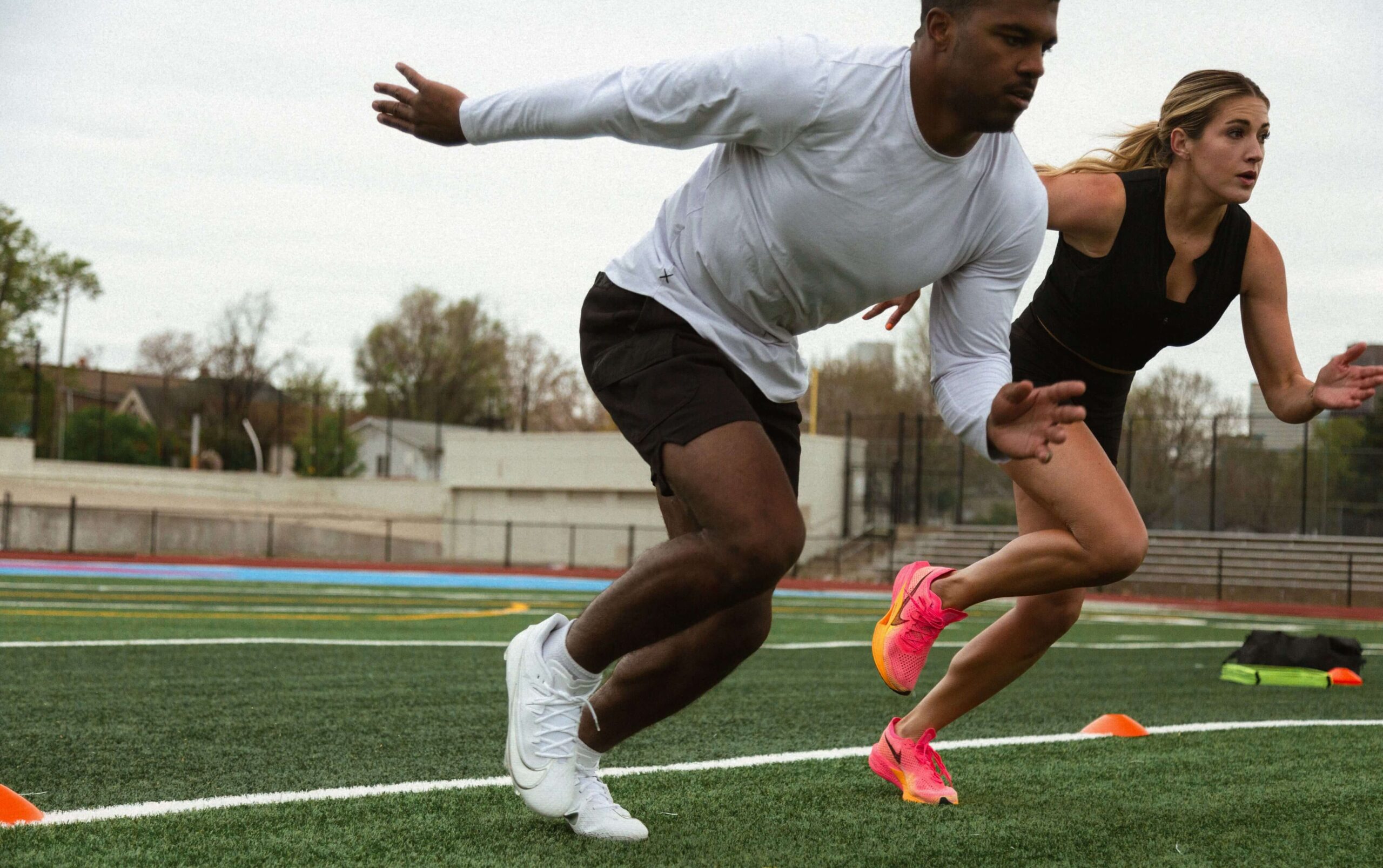Considerations for Vitamin Consumption in Athletes
“To this end, athletes present with a greater overall need for the considered intake of vitamins and minerals, with an increased risk of deficiency likely relevant to individuals where energy intake and replenishment are poor and/or training load is high.”
Overview
Vitamins and minerals are crucial for optimizing athlete performance, but many athletes, especially females, struggle to meet their energy needs. While a ‘food first’ approach is ideal, supplements may be necessary. Practitioners should assess each athlete’s energy requirements, dietary habits, and clinical status. Effective supplementation should consider factors like sex, nutrient recommendations, and potential interactions, with tailored approaches for nutrients like iron, calcium, and folate to support specific health needs.
Key Takeaways
- Energy intake issues may require supplementation for athletes.
- Specific vitamins and minerals address different athletic needs.
- Female athletes have unique nutritional requirements needing more research.
Poor nutrition, particularly insufficient energy, increases illness risk in athletes. Essential nutrients like vitamins and zinc are crucial for immune function. Supplementing with zinc and vitamin C may help reduce the risk and duration of infections, particularly during intense training periods.
“Sub-optimal nutrition is a major risk factor for illness and infection in athletes, with low energy availability often highlighted as a major consideration.”
If you’re looking to help maximize performance and improve immune health, our Performance Multivitamin does just that. And it’s packed into a tasty, easy-to-take gummy.

